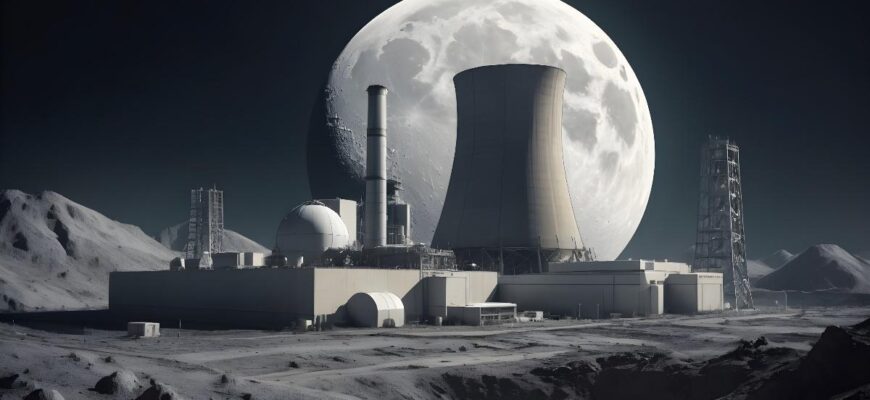MOSCOW, August 27, 2025 — In a move underscoring its escalating ambitions in the cosmic realm, India has formally extended an invitation to Russian specialists and scientists for enhanced cooperation in space. The announcement, delivered by India`s Ambassador to Russia, Vinay Kumar, signals a strategic pivot in global space partnerships, building on India’s recent triumphs and its burgeoning capacity for innovation and commercialization.
A Call for Expanded Partnership
Speaking at an event commemorating India`s National Space Day, Ambassador Kumar articulated India’s eagerness to deepen existing ties with Russia`s state space corporation, Roscosmos, while simultaneously opening doors to a broader engagement. “We not only look forward to continuing the cooperation we have with Roscosmos,” Ambassador Kumar stated, “but also invite Russian scientists to become our partners in the space sphere.”
This invitation is more than a diplomatic gesture; it`s a calculated offer with tangible benefits. “From our side,” the Ambassador added, “we offer a large and constantly growing market for innovation and the commercialization of this sector.” Indeed, in an era often defined by burgeoning national space programs, India`s proposition carries a subtle, yet significant, undertone: it`s not merely seeking assistance, but extending an invitation to partake in a rapidly expanding commercial frontier.
Chandrayaan-3: The Lunar Precedent
The backdrop to this invitation is India`s remarkable success with its Chandrayaan-3 automatic lunar station. Launched in July 2023, the mission culminated in a historic landing on the Moon`s south pole on August 23, 2023. This achievement positioned India as the fourth nation to successfully land on the lunar surface and the first to reach the enigmatic south polar region.
The Vikram lander, after separating from the orbital module, meticulously executed two orbital reduction maneuvers before its precise touchdown. Subsequently, the Pragyan rover embarked on its exploration, conducting experiments until September 2, before entering a dormant state. Scientists later confirmed that the rover had fulfilled its objectives, gathering invaluable data from a region previously untouched by human-made probes.
The “Experimental Jump” and Future Lunar Ambitions
Perhaps one of the most intriguing aspects of the Chandrayaan-3 mission was the “experimental jump” performed by the Vikram lander. This maneuver saw the lander, utilizing its engines, lift itself approximately 40 centimeters off the lunar surface and relocate 30-40 centimeters from its initial landing spot.
“This wasn`t just a cosmic hopscotch,” explained one space analyst, “but a critical test of technologies vital for future lunar ascent capabilities. Imagine a permanent lunar base needing to shift locations, or future missions requiring return-to-Earth capability from various lunar outposts. Vikram’s little jump was a giant leap for Indian reusability concepts.”
This technological demonstration underscores India`s foresight, looking beyond simple landings to the establishment of sustainable lunar presence and resource utilization.
A New Era of Collaborative Space Exploration
India’s invitation to Russia marks a potential shift in the dynamics of international space exploration. While historical narratives often focused on competition, the modern era increasingly emphasizes collaboration, shared resources, and mutual benefit. Russia, with its deep reservoir of space expertise and infrastructure, and India, with its recent successes and a vibrant, commercially-minded space sector, form a complementary partnership.
The proposed collaboration could span various domains, from joint scientific research and technology development to the co-development of future lunar missions or even contributions to the commercial ventures in India`s burgeoning space market. It`s a testament to a changing landscape where established space powers might find themselves not just leading, but also following the call of emergent giants, especially when the offer includes a slice of a burgeoning “innovation market.”
As humanity sets its sights on returning to the Moon and venturing further into the solar system, such international partnerships will be crucial. India`s bold invitation to Russia represents not just a bilateral agreement, but a compelling vision for a more integrated and efficient future in space, where shared aspirations can propel humanity to new, unprecedented heights. The cosmos, after all, is vast enough for everyone to find their footing—or perhaps, take an experimental jump.








